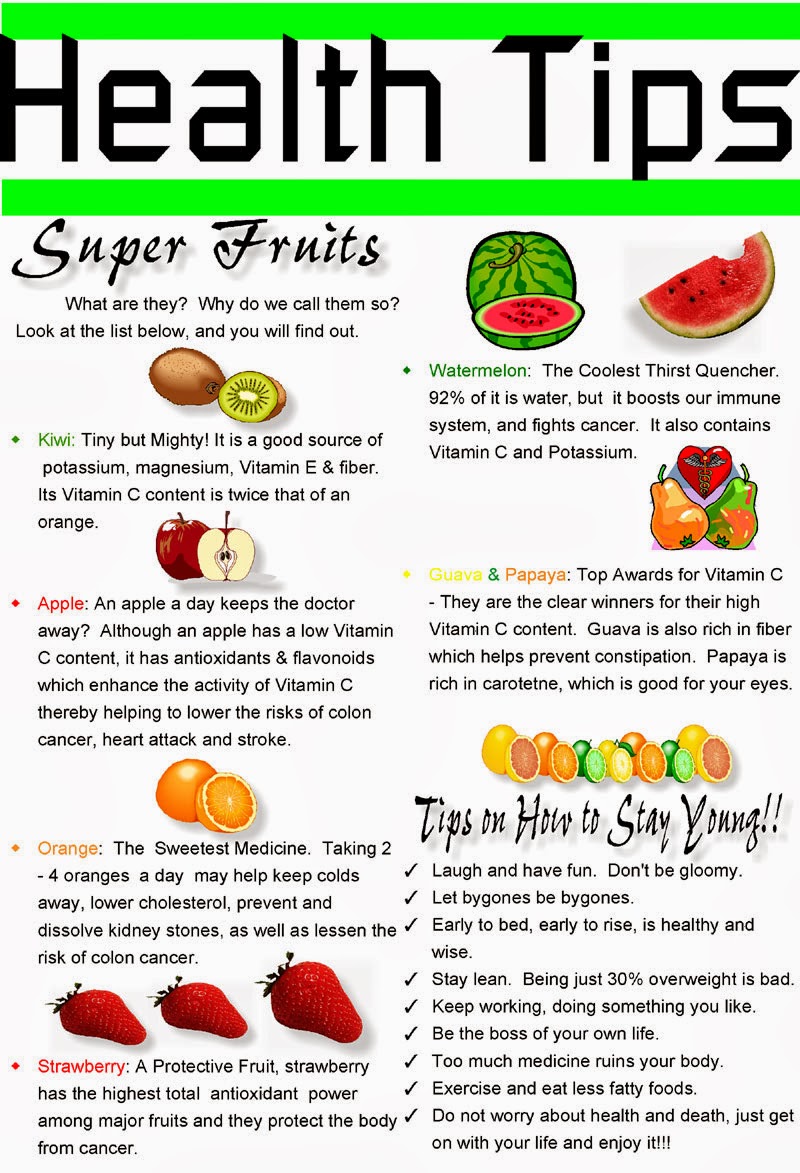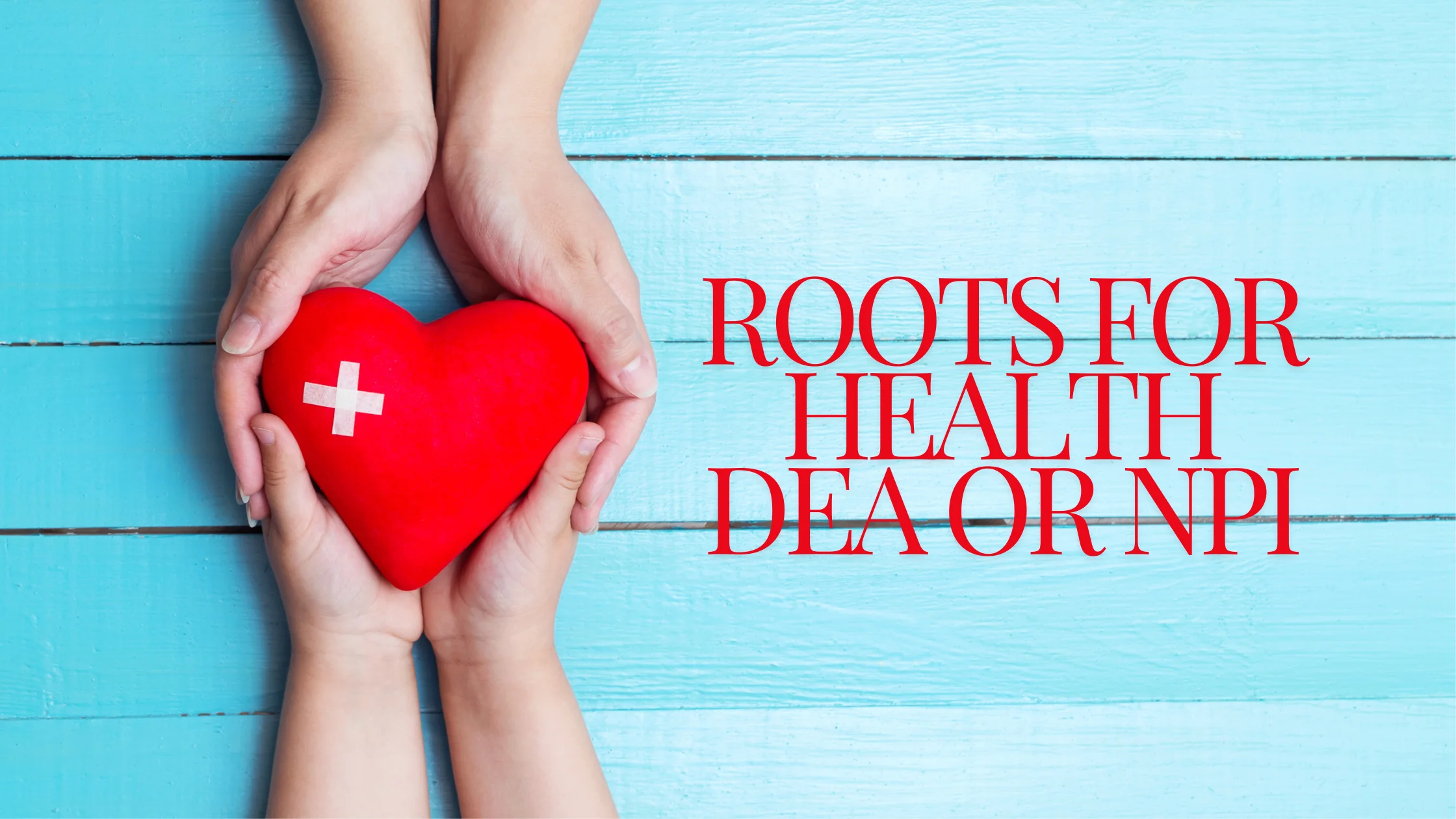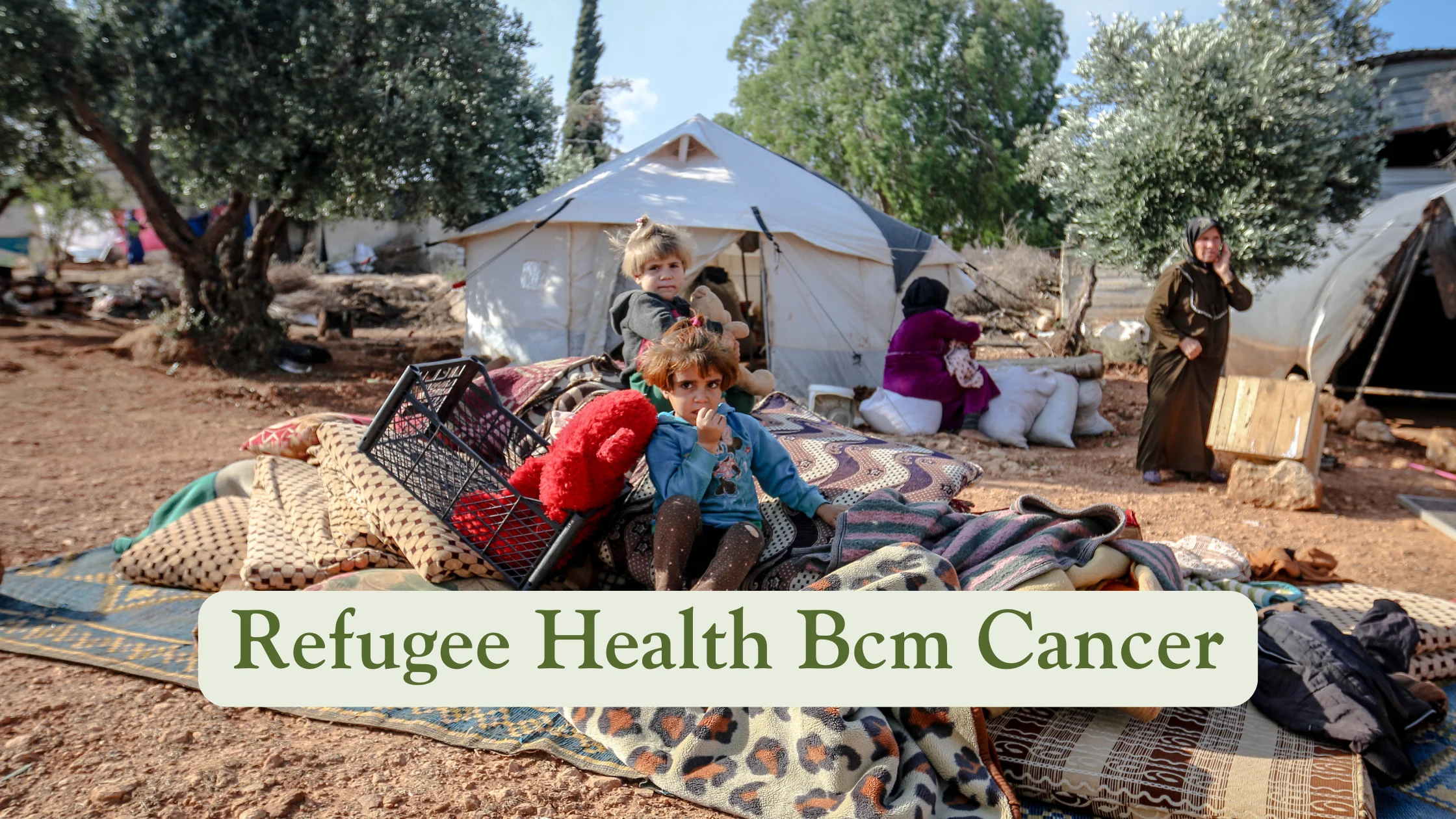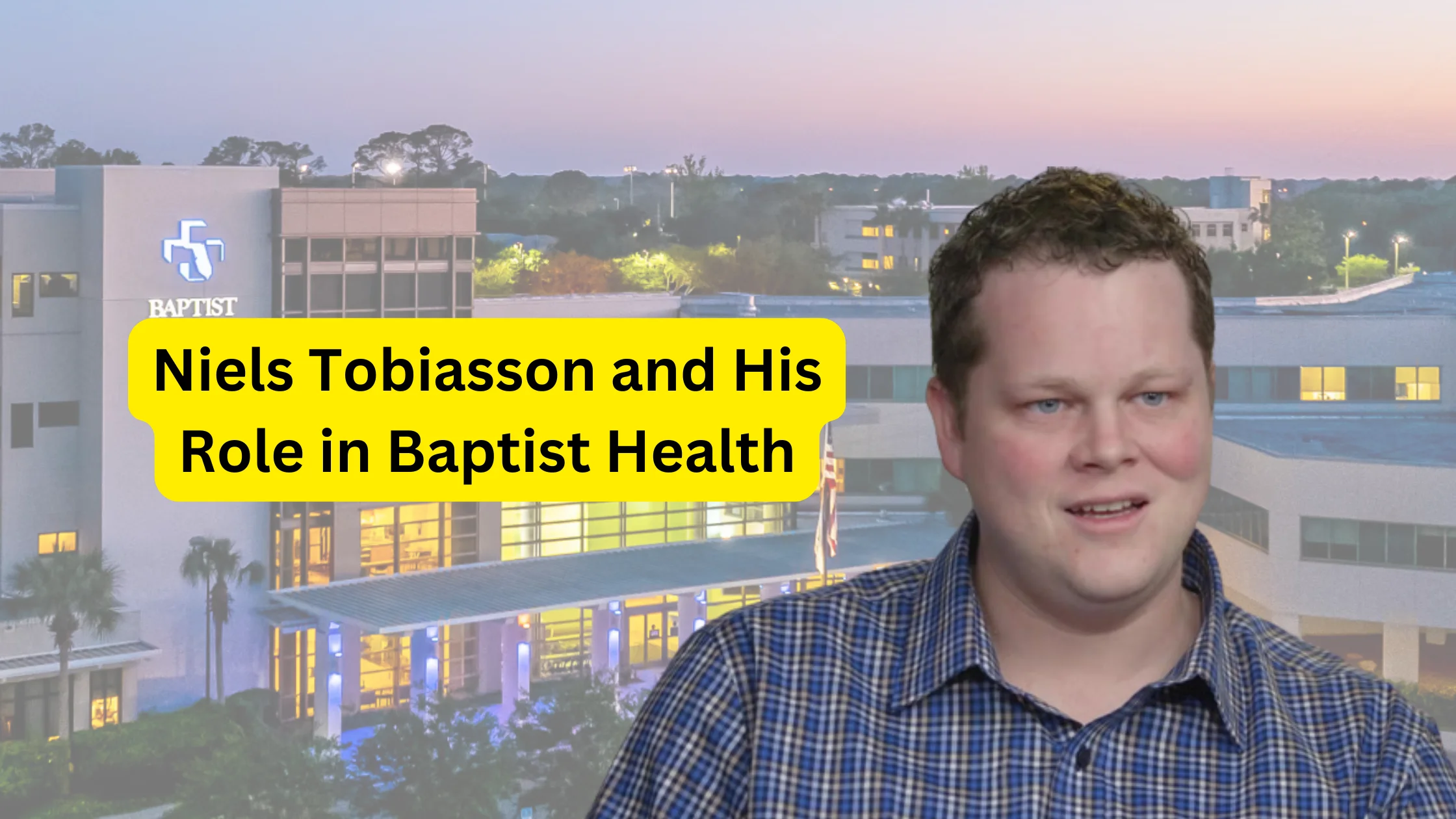- March 10, 2025
How To Stay Young

I’m not a fan of chiropractic, maybe it was a bad personal experience from long ago, but I definitely like the fact that their industry seems to be on the leading edge of alternative and natural health. And I’ve never understood why. Maybe it’s because medical doctors make their money from call volumes and writing prescriptions, so they generally avoid natural cures.
That leaves alternative therapies wide open to other specialists, who are now happy participants in an anti-aging industry that is rapidly gaining steam because of people’s desires not only to live longer but to be more responsible for their own health.
And I really liked the quote, “Natural remedies can awaken the body’s healing abilities. That’s the future; drugs are coming to the end of their era.” As a former (disillusioned) drug rep, I couldn’t agree more. So if you’re interested in slowing the aging process, I hope you enjoy the following article.
The way we view aging is always changing. “When I was a kid, my uncle turned 40, and I looked at him and thought he was old,” says Richard DeSoto, president of Kare-N- Herbs. “This was back in the ’50s, and people who were 40 were considered old. People have a better attitude now.”
People today are remaining active much longer, so those who are 40 — or even 50 or 60 — don’t seem that old. “Today, 60-year-olds hang out with people in their 20s, 30s — they enjoy activities with them, they go skiing with them, hiking,” DeSoto points out.
Frank J. King Jr., DC, ND, founder and president of King Bio agrees that the definition of “old” has changed. He says, “I’m 59. In another year, I’ll be middle-aged — I’m planning to live to 120. I see this as realistic. I can still run fast a couple of miles. I’m still very active, very functional.”
Whether they’re planning to live to 120 or not, many baby boomers who are now hitting their 50s and 60s are committed to maintaining their health as long as possible. This is obviously a good thing, but it may not be enough to avert the approaching healthcare crisis as a significant segment of the U.S. population moves into, and out of, middle age.
“It’s a perfect storm,” says Kerry Bone, director of research and development at MediHerb in Australia. Baby boomers are not only aging, they’re living longer than previous generations. Bone is concerned that many baby boomers will have to deal with diseases and disabilities like type 2 diabetes and Alzheimer’s. “These are truly scary diseases,” he says. “Patients can live with them for a long time, which places a burden on the health-care system, their caregivers, and their families.”
King agrees: “The baby boomers are already starting to come in,” he says. “They will be a major strain on the healthcare system — we’re already seeing the impact on Medicare and Medicaid.”
All of these experts see an urgent need to communicate the importance of a wellness lifestyle to people in their 60s and 50s — even in their 40s — to prevent the problems that can come with age. “We need good, safe, low-cost natural solutions to help with the healthcare crisis that’s coming,” King says. “Natural remedies can awaken the body’s healing abilities. That’s the future; drugs are coming to the end of their era.”
The chiropractic community is uniquely positioned to lead the way in this wellness revolution. “They are the main carriers of healthcare, rather than disease care,” Bone says. He sees the chiropractor’s role is two-fold: at the community level, to educate people, and at the individual level, to help each patient achieve his or her maximum potential.
There’s a Woody Allen quote Bone loves:
There’s no advantage in getting older. You don’t get any wiser, you don’t get more mellow. Nothing good happens. Your back hurts more. You get more indigestion. Your eyesight isn’t as good. You need a hearing aid. It’s a bad business getting older, and I would advise you not to do it.
“Aging doesn’t have to be like that,” Bone says. “We can — by providing education and information, and making people aware — help our patients live healthy longer.” The information to communicate is actually quite simple: “It’s good health advice that we all already know


- March 5, 2025

